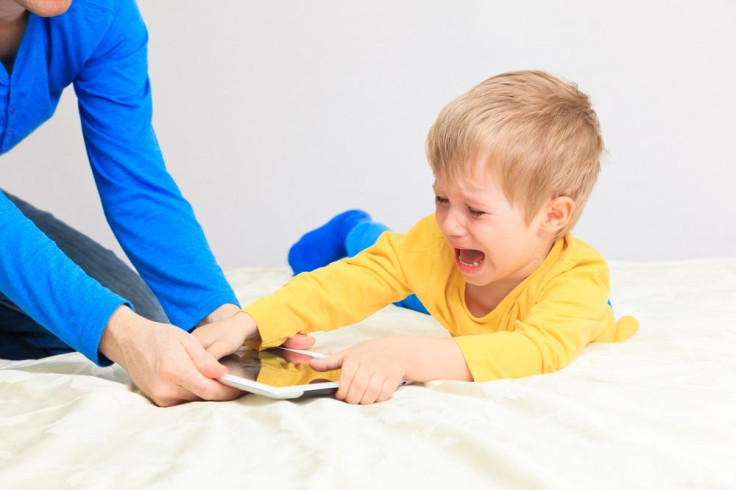Teen Mothers, Fathers Twice As Likely To Have Children With ADHD

Often we are told that parents who have children at more mature ages risk their babies being born in poor health or at greater risk of certain disorders. A new Finnish study suggests that becoming a parent at too young an age also places a child at risk. Fathers and mothers under the age of 20 showed an increased risk of having children with ADHD compared to parents between the ages of 25 and 29, researchers found.
Timing, they say, is everything in life and many would say this is especially true of having children. Women face a well-known biological clock. Not only is it more difficult for a woman to conceive after she reaches her mid-30s, but her risk of miscarriage rises with age as does the risk of having a child with chromosomal abnormalities, such as Down syndrome. An advanced paternal age is also not the best of news: Children born to men over 40 may be more likely to develop autism than children of men younger than 30. Similarly, schizophrenia is higher in children of men who become fathers after age 50. Men must confront the passing of time, as well.
While health risks are important to keep in mind, parenting is a demanding job that most people would never want to take lightly and there are plenty of healthy, vibrant children born to parents who have gone beyond the ideal age. Perhaps those who want children should consider another saying: Better late than never.
The aim of the current study, conducted by a team of researchers at the University of Turku, was to see whether young or older parents might be linked to ADHD. So, the group of researchers worked backward: They identified in Finland’s health registers 10,409 children with ADHD born between the years 1991 and 2005 (and diagnosed between the years 1995 and 2011). Next, they matched these children to 39,125 same-sex controls born at a similar time and place. From there they analyzed the data and crunched the numbers.
They found fathers younger than 20 had a 1.5-fold increased risk of having offspring with ADHD as compared to fathers between the ages of 25 and 29. Similarly, mothers that same age had a 1.4-fold increased risk when compared to their older peers. The study’s authors note, “Health professionals working with young parents should be aware of the increased risk of ADHD in offspring.”
Surprisingly, the study uncovered some very good news for older mothers. They showed an inverse risk — they were less likely to have a child with ADHD compared to their younger peers.
Source: Chudal R, Joelsson P, Gyllenberg D, et al. Parental Age and the Risk of Attention-Deficit/Hyperactivity Disorder: A Nationwide, Population-Based Cohort Study. Child & Adolescent Psychiatry. 2015.



























